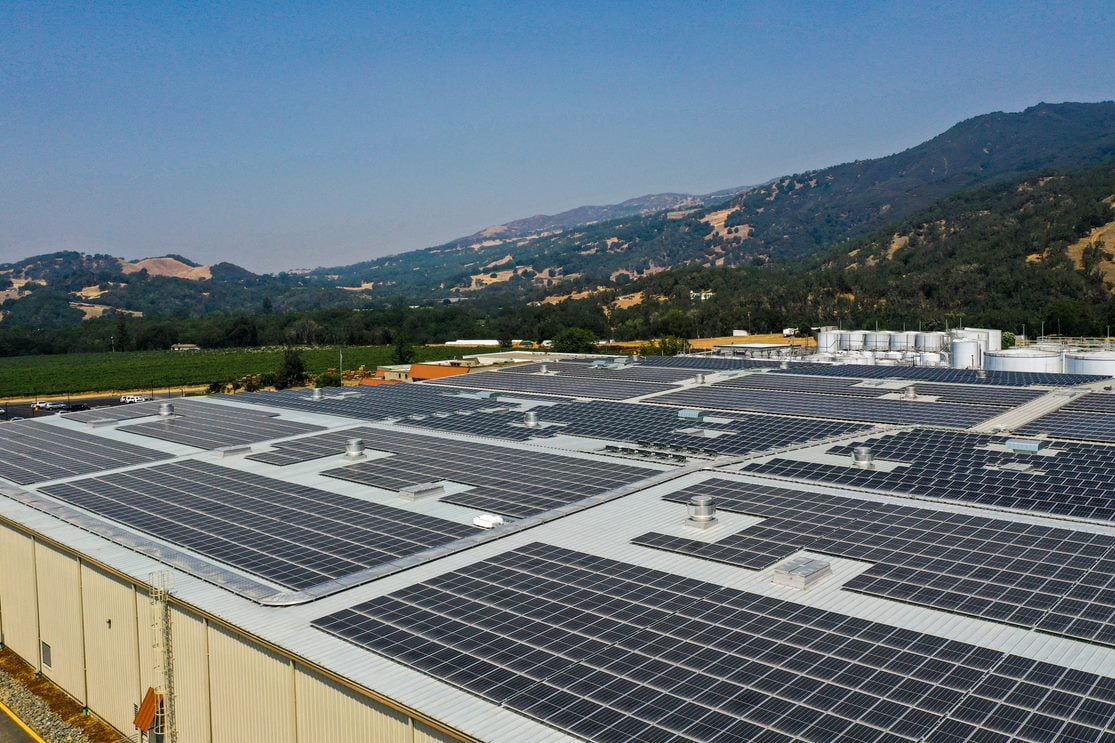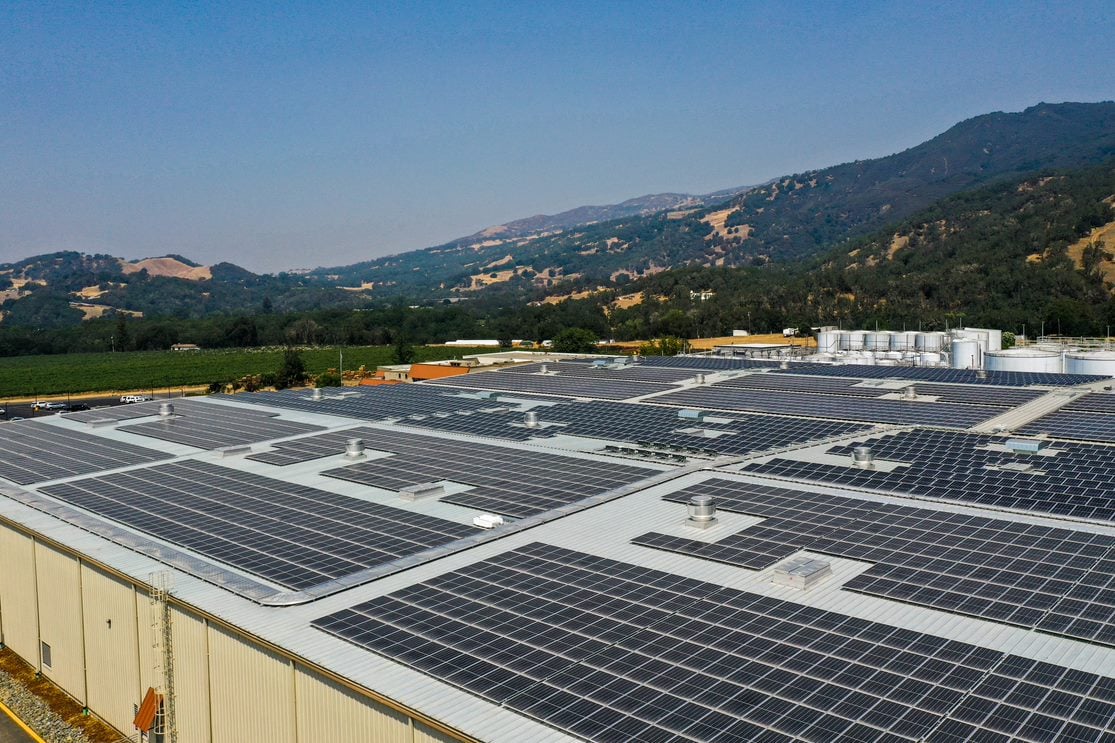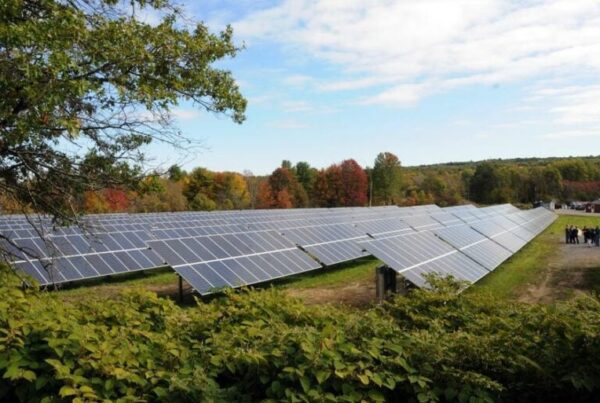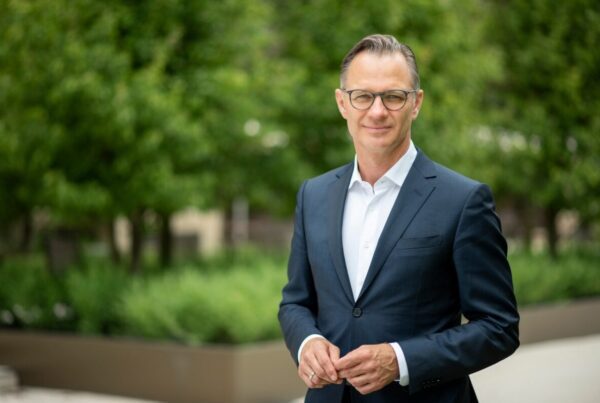
The switch can then be flicked back into position once installation is complete, to allow the cell to connect to the rest of the module and generate electricity. Tigo Energy describes this process as a form of “rapid shutdown”, which is an increasingly important part of the US’ electricity safety regulatory framework.
In 2023, the National Fire Protection Association (NFPA) updated its National Electrical Code (NEC), a framework of safety requirements for electrical wiring in the US. This latest update recommended that installers and manufacturers satisfy UL 3741, an electrical safety standard implemented in 2020, rather than invest in rapid shutdown technology, but still insisted that, in the absence of compliance with UL 3741, developers need to prioritise rapid shutdown optimisation.
Earlier this year, Anthony Granato, president and owner of Energy Response Solutions LLC and a 30-year veteran of the US fire service, told PV Tech Premium that the volume of new solar capacity, and speed at which this is added to the US grid, in the country has made it more challenging to ensure that each new installation conforms to high safety standards set out in UL 3741. With this in mind, effective rapid shutdown technology could prove to be an important part of building solar projects for the US market.
While it is unknown how the lawsuit will progress, it comes at a time when more attention than ever is being paid to safety in the solar sector. Earlier this year, Clean Energy Associates found that 97% of rooftop PV systems audited across 14 countries, had major safety concerns. Of the systems audited, 49% had grounding issues, more than any other type of risk, and a sudden influx of dangerous voltage could be particularly dangerous if the rooftop solar industry, as a whole, is struggling to effectively ground its installations.
The news follows a number of patent infringement lawsuits in the PV sector. Maxeon has filed a number of lawsuits in recent months, and has itself been on the receiving end of a lawsuit regarding damages to investors. Amid these challenges, Maxeon CEO Bill Mulligan told PV Tech Premium earlier this year simply that “it’s cheating when you copy other people’s technology”.






